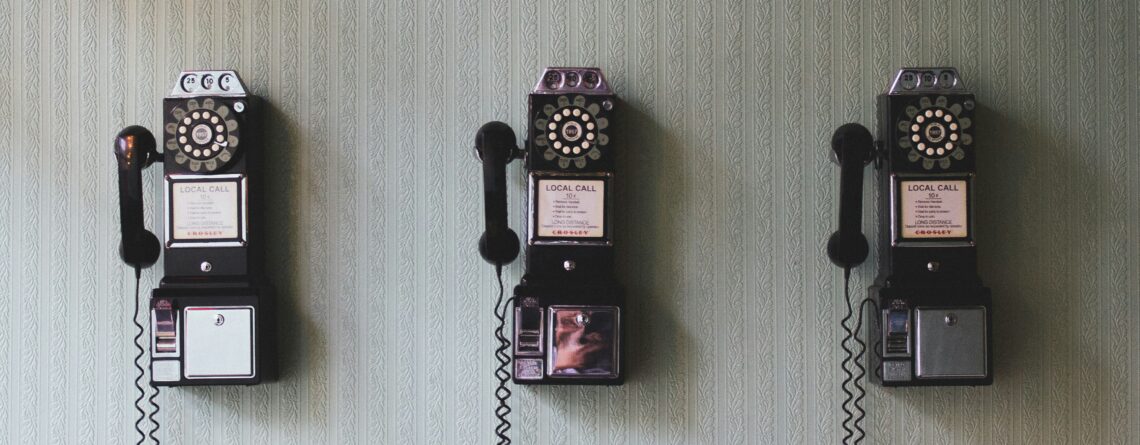3 Communication Lessons to Learn from Trump
At the risk of adding to the noise about Donald Trump's communication style, I think now is the perfect time for me to highlight three things I believe he did very well during rallies. Things we can all learn from. And while I’m not going to mention the politics to avoid distracting from my message, what I will say is this: Touting his anti-authoritarian, strong-man credentials was one key pillar to his success – and his communication style utterly sold it. What did he do so well? Repetition of clear key themes. While often appearing distracted, Trump continued to return to emphasising his...

